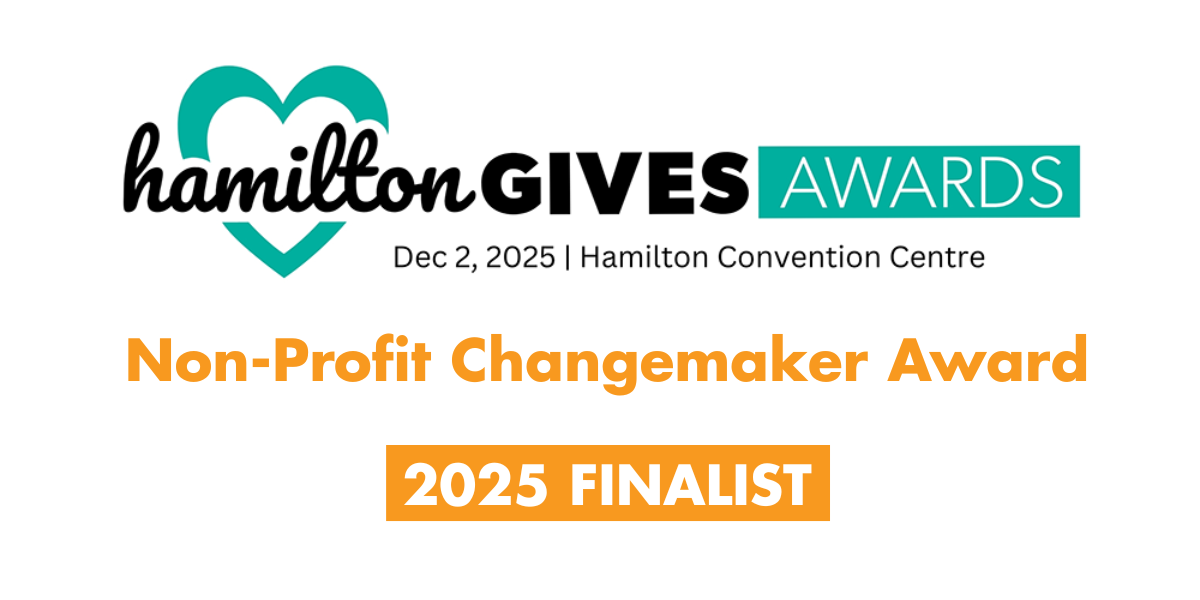When Jason first connected with Wesley, he wasn’t exactly sure what he was looking for, but he knew he needed a way to take his life back. After a traumatic series of events that included the loss of his sister, separation from his wife, and estrangement from his children, Jason found himself without a home, staying in his cousin’s garage and struggling to picture a brighter future.
His journey toward stability began thanks to his family doctor, who connected Jason with a social navigator—an early access point to the support systems that would eventually lead him to Wesley. “I don’t know how she found out about it. It was a new program at the time,” Jason said. “But I’m glad she did. I’ve met nothing but very good people.”
From the very beginning, Jason was determined to do things on his own, but he learned to open up and really let the staff at Wesley help him. “When I finally opened up and let them come in, it just flowered. It was beautiful. I realized that if I didn’t give them a chance, how could I know whether they could really help me or not?” Wesley became more than just a place for services—it became a place of community, of real human connection, and of unwavering support.
Jason’s story is not simple. It’s filled with pain, resilience, setbacks, and powerful victories. He’s battled addiction for much of his life and endured a violent assault that left him requiring multiple reconstructive surgeries. He also faces major health challenges—including being diagnosed with a degenerative disease at the age of 16, which has progressively worsened his eyesight and hearing, to the point of being legally blind and deaf in one ear. Because of this, he was never able to get his driver’s license and it’s no longer safe for him to work in carpentry and restorations like he once did.
But through it all, Jason remained fiercely honest and deeply determined. He’s been drug free for over a year and speaks openly about both his successes and his stumbles. “I’ve messed up a few times, but I told everybody I messed up,” he says. “No sense in lying about it.” That self-accountability has become a pillar of his recovery.
Jason sees Wesley staff as more than caseworkers—they’re his community. He credits the support he has received for saving his life. “If I hadn’t been referred to Wesley, I’d either be dead or on drugs. It was snowballing for me, and I couldn’t control it.”
From regular home visits to simply checking in to ask, “how are you doing?”, their presence helps Jason feel seen and valued. It’s a professional, yet very human environment, free of judgment and full of care. One of the staff members even connected him to someone who donated a brand-new fridge for his apartment. “They didn’t have to do that,” Jason said. “That’s not part of their job. But they care.”
And that care matters. For someone who had lost nearly everything, being treated with dignity and kindness gave Jason the courage to keep moving forward. Jason has worked so hard to break the generational cycle of addiction in his family, and knows that his grandmother, who raised him, is very proud of him.
Now reconnecting with his children, Jason is cautious but hopeful. He knows he can’t go back in time or back to old ways—only forward. “If I go back, I’ll probably never come out of it again,” he says. And with his health challenges progressing, he’s preparing for the future, learning Braille, and getting ready to adapt to a new way of living.
Through it all, Jason continues to be a powerful example of what perseverance, support, and self-awareness can do. “I’ve come a long way. I know I have. I just don’t give myself credit,” he admits. But he should.
Wesley is a place where community isn’t just a word—it’s a lifeline. And Jason’s story proves that with the right support and a fierce will to change, incredible transformation is possible.



